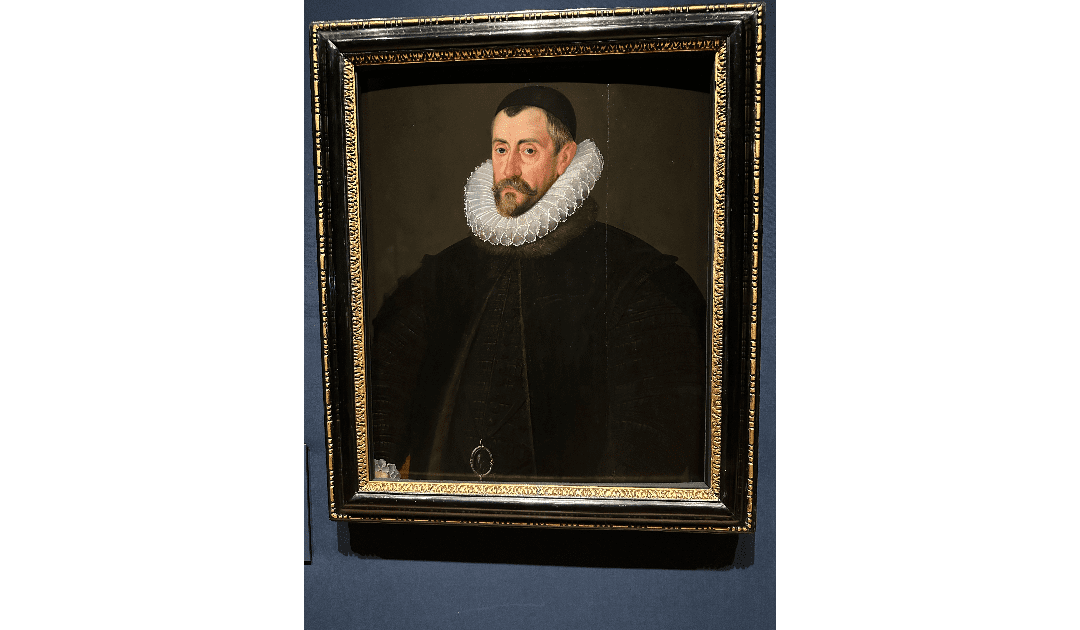Francis Walsingham and I were born a few miles from each other. He was born near Chislehurst, and I went to Chislehurst and Sidcup Grammar School. He went to Cambridge and I went to Oxford. That’s where the similarity ends, except that he was the spymaster who recruited my 10th great-granduncle, Sir Anthony Standen.
Walsingham was born in 1532. He was a devout Protestant, and his family were well connected at court. When Mary I succeeded to the throne in 1553, Walsingham went into exile. Only when Mary died, and was succeeded by Elizabeth, could he return. One of his fellow exiles, Francis Russell, 2nd Earl of Bedford, helped him get a seat in Parliament.
He attracted the attention of William Cecil, Lord Burghley, who saw his potential. He had already begun recruiting a network of spies, when in 1570 he was sent to Paris as a negotiator. He succeeded Sir Henry Norris as ambassador, and that is where he met Sir Anthony Standen, who had fled to Paris when his role as master of horse to Lord Darnley, husband of Mary Queen of Scots, abruptly ended.
Walsingham witnessed the Saint Bartholomew’s Day Massacre whilst in Paris. He was profoundly affected, and it galvanised his determination to thwart Catholic plots against England. Francis Walsingham and William Cecil had a close professional relationship. William Cecil, also known as Lord Burghley, served as the principal advisor and Secretary of State to Queen Elizabeth I. Francis Walsingham, on the other hand, was a trusted associate and protégé of Cecil.
Walsingham was a tireless advocate of the Protestant cause in Europe, and he used his network of spies to track down Catholic plots against the queen. He was known as a ruthless operator, and his methods were often criticised for their brutality. Walsingham was also a fierce opponent of Mary Queen of Scots, whom he suspected of conspiring against Elizabeth. He was instrumental in Mary’s imprisonment and eventual execution.
Despite his controversial methods, Walsingham was a highly respected statesman and trusted adviser to the queen. His role in protecting England from her enemies, and his loyalty to the Protestant, cause earned him the nickname “The Father of English Spies.” He also played a pivotal role in the development of England’s foreign policy, and helped to craft the 1585 Treaty of Nonsuch.
Walsingham died in 1590 after a long illness. He left behind a legacy of espionage and intrigue that still resonates today. He is remembered as a patriot and a protector of the Protestant faith, and his network of spies and informants had a lasting impact on the security of the nation.

